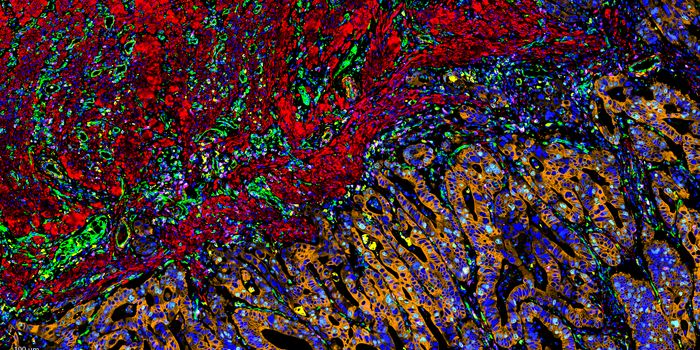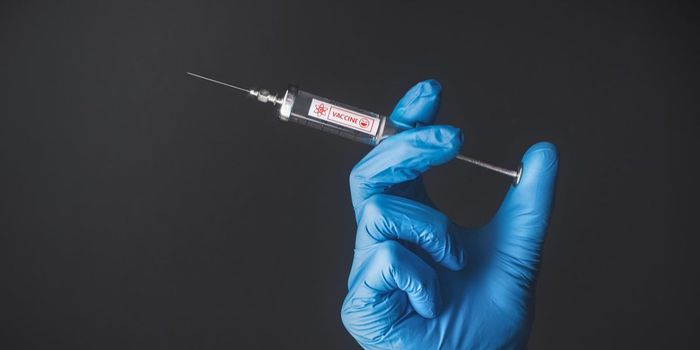The Legacy of Lady Mary Wortley Montagu
Today, August 21, marks the 260th anniversary of the passing of a woman we may consider an unexpected pioneer in the medical field. In 1762, Lady Mary Wortley Montagu died of breast cancer after gaining notoriety for her work with another deadly disease.
Mary grew up in a wealthy family in eighteenth-century England, where she became known for her wit, beauty, and, eventually, her satirical writings. Refusing to marry the man her father favored, Mary eloped with an aspiring politician named Edward Wortley Montagu. Shortly after her marriage, Mary came down with smallpox, a contagious disease caused by the variola virus. Smallpox causes flu-like symptoms incluidng fever and can often lead to a uncomfrotable rash on the face, hands, and upper body.
Almost a third of those developing smallpox succumbed to the disease (including Mary's brother William). Smallpox survivors often experienced long-lasting effects, including scarring and blindness. While Mary survived her severe smallpox infection at age 26, her appearance became permanently altered; she lost her eyebrows and eyelashes and she had scarring on her face for the rest of her life.
After Mary recovered, she insisted on traveling to Constantinople (now Istanbul) with her husband, the newly appointed British Ambassador to the Ottoman Empire. Mary even brought her young son along for the journey. Mary quickly noticed the scarcity of smallpox throughout the Ottoman region. In 1717 Mary learned how the Ottomans protected themselves from the damaging effects of smallpox when she witnessed an inoculation. This procedure, referred to as “engraftment,” involved making a small incision into a vein and injecting pus retrieved from someone with active disease. Following engraftment, also called variolation, one would develop smallpox but remain protected from reinfection. However, variolation remained controversial because the resulting symptoms, while generally mild, could become severe in some individuals.
Mary had her five-year-old son engrafted in 1718 before the family returned to England and then, during a smallpox outbreak in 1721, she found a British doctor willing to engraft her three-year-old daughter. After this, Mary became known for “importing” the process of variolation from Turkey. Mary began a campaign to convince her wealthy and famous friends throughout England to get variolated against smallpox, even using her daughter as a visual demonstration of the safety of the practice. In 1722, Mary wrote an essay promoting variolation that she published in a British newspaper. However, even after Princess Charlotte had her daughters engrafted, many remained skeptical, including some of Mary’s closest friends and family members.
Mary lived much of her adult life abroad but returned to England sometime after developing breast cancer. Mary lived the last few months of her life with her daughter and her daughter's family. Mary's cancer progressed and proved terminal on August 21, 1762, four decades after her tireless campaign to bring smallpox engraftment to mainstream England.
While Mary had no medical training, and even often openly disagreed with medical practitioners of her day, it is undeniable that her contributions to eighteenth-century medicine saved countless lives. Further, Mary’s dedication to importing what she learned about variolation to England likely paved the way for future breakthroughs in vaccination, such as that eight decades later by Edward Jenner.
Sources: Arch Surg, Endeavor, Lancet (Fara), Time, Feminist Studies, J Med Biogr (Stone), J Hist Med Allied Sci, J Med Biogr (Roberts), Lancet (Rathborn)









